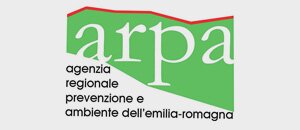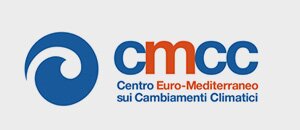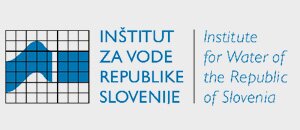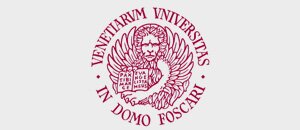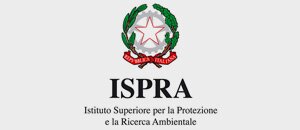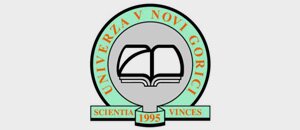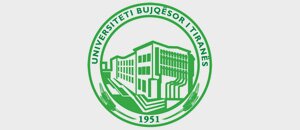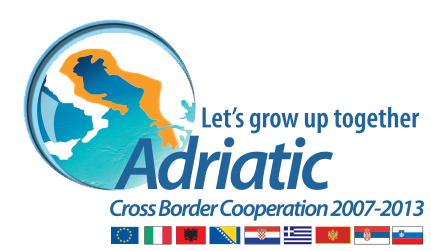Who is involved in the DeFishGear Project?
Seven countries embracing Adriatic Sea are involved in the DeFishGear project (Albania, Bosnia & Herzegovina, Croatia, Greece, Italy, Montenegro and Slovenia). The DeFishGear project is implemented by a multi-disciplinary team comprising 16 institutions which include academia, research institutes, local and national authorities from all the countries involved. Multi-disciplinary, coordinated and strongly attached partnership reinforces the substantial footprint of the DeFishGear project on the path towards a litter-free Adriatic Sea.
THE LIST OF THE PROJECT PARTNERS IS THE FOLLOWING:
LEAD PARTNER
1. National Institute of Chemistry, Ljubljana, Slovenia
PROJECT PARTNERS
1. Italian National Institute for Environmental Protection and Research, Rome, Italy
2. Ca' Foscari University of Venice, Italy
3. Mediterranean Consortium, Rome, Italy
4. Regional Agency for Environmental Protection in the Emilia-Romagna Region, Cesenatico, Italy
5. Institute for Water of the Republic of Slovenia, Ljubljana, Slovenia
6. University of Nova Garcia, the Laboratory for Environmental Research, Nova Garcia, Slovenia
7. Institute for Oceanography and Fisheries, Split, Croatia
8. Hydro-Engineering Institute of the Faculty of Civil Engineering, Sarajevo, Bosnia and Herzegovina
9. Institute of Marine Biology, University of Montenegro, Kotor, Montenegro
10. Agricultural University of Tirana, Laboratory of Fisheries and Aquaculture, Tirana, Albania
11. Regional Council of Lezha, Lezha, Albania
12. Mediterranean Information Office for Environment, Culture and Sustainable Development, Athens, Greece
13. Hellenic Centre for Marine Research (with participation of the Institute of Oceanography and Institute of Marine Biological Resources and Inland Waters), Anavyssos, Greece
14. Public Institution RERA SD for Coordination and Development of Split Dalmatia County, Split, Croatia
15. Euro-Mediterranean Centre on Climate Change, Lecce, Italy
ASSOCIATES
1. PlasticsEurope AISBL, Brussels, Belgium
2. Ministry for Agriculture and Environment, Ljubljana, Slovenia
3. Italian Ministry of Environment, Land and Sea, Rome, Italy
4. Croatian Environment Agency, Zagreb, Croatia
5. Fishing League, Rome, Italy
6. Agency for Watershed Area of Adriatic Sea Mostar, Mostar, Bosnia and Herzegovina

The Italian National Institute for Environmental Protection and Research (ISPRA) is a governmental research institute that acts under the vigilance and policy guidance of the Italian Ministry for the Environment and the Protection of Land and Sea.

Ca’ Foscari University Venice was established in 1868 as the Royal Business College, the first educational institution in Italy to offer higher education in business and economics. Today, it is recognized as one of the best Universities in the country offering its students diverse and ample study programmes which can be distributed through the following areas: economics, languages, science and technology, and humanities Ca’ Foscari is organized into 8 departments carrying out both research and teaching, and 6 interdepartmental schools offering a selection of multidisciplinary courses.
The Summer School, the Challenge School and the Graduate School have been established to create summer courses and international exchanges, high level education programmes and doctorate research programmes, respectively. Every day, Ca’ Foscari offers its students the opportunity to live the university experience in an international environment where innovative aspects of research are applied and where new technologies and teaching methodologies are explored. Ca’ Foscari is also characterized by a varied range of cultural events and provides an effective placement system for its graduates entering the employment market. More than 3,500 students graduate from Ca’ Foscari per year. Ca’ Foscari offers a rich portfolio of international study programmes, comprising 5 first cycle degrees, 13 second cycle degrees, 2 professional master courses and 10 research doctorates.
Ca’ Foscari, currently has 116 international cooperation agreements in place, with as many institutions, in 43 countries (EU and non-EU). Ca’ Foscari University Venice is also a sustainable university. In 2010, it was the first Italian University to have participated in the Ministry for the Environment, Land and Sea “Carbon Programme”. Ca’ Foscari has successfully designed methodologies to reduce greenhouse gas emissions from its activities, ranging from energy consumption to staff mobility and from digital archives to its purchase and supply system. Ca’ Foscari organizes around 800 cultural and scientific events per year and enjoys important relations with international bodies and institutions, both in regards to educational exchange experiences for students and teachers, but also through scientific publications from individual professors, university departments and its international research centers. The university library system holds a wealth of over 1 million volumes.
Within DeFishGear project Ca' Foscari University Venice will investigate presence and distribution of micro and nanoplastics in the marine and coastal environment, as well as evaluate their impacts on marine biota (WP5), so contributing to the development of a regional strategy to reduce marine litter pollution in the Adriatic Sea according to recent EU directives.
The Consorzio Mediterraneo s.c.a r.l. (Mediterranean Consortium), founded in 1996, is the technical and scientific structure of the Lega Pesca (Fishing Association) and combines 14 of the most qualified companies for co-operative research. It is formed by a co-ordinating head office in Rome and by subsidiary offices and laboratories situated at the associated co-operatives for research that are present throughout the Italian territory (Friuli Venezia Giulia, Liguria, Emilia Romagna, Latium, Apulia, Calabria, Sardinia and Sicily).
Registered at the National Registry for Research and credited at the Ministry for Agricultural Policies, the consortium collaborates with different universities, with ISPRA (The Italian National Institute for Environmental Protection and Research), CNR (the Italian National Centre for Research), FAO, ENEA (the Italian National Body for Energy and Environment), the Ministry for Labour and Welfare, the Ministry of Foreign Affairs, the European Union. It is a partner of UNIMAR, the unitary research consortium of the fishing Associations, that created a National technical and biological observatory on fishing and aquaculture within the measures foreseen by the financial instrument for fishing (European Fisheries Fund, EFF). The Consorzio operates, directly or through its partners, throughout the country, promoting studies and researches aiming at contributing to the knowledge and in-depth study of problems connected with the fishing sector, with particular emphasis on those of biological, ecological, technological, economical and training nature in order to promote the development and optimisation of fishing, fishing economy, aquaculture and coastline in Italy.
Of a particular relevance is the activity of technical and scientific support aimed at the co-operatives associated to the Lega Pesca (Fishing Association), that operate in the different compartments of the fishing economy: fishing, aquaculture, transformation, marketing. Furthermore, the consortium carries out studies and researches aimed at the development of biotechnologies, the estimation of the environmental impact related to the sea environment, the eco-compatible technological innovation, to the environmental audit for the definition of productive management practises compatible with the environment, the definition of quality standards for fishing products, the integrated management plans of the coastline, the development plans for the management of protected sea areas and scientific dissemination.


